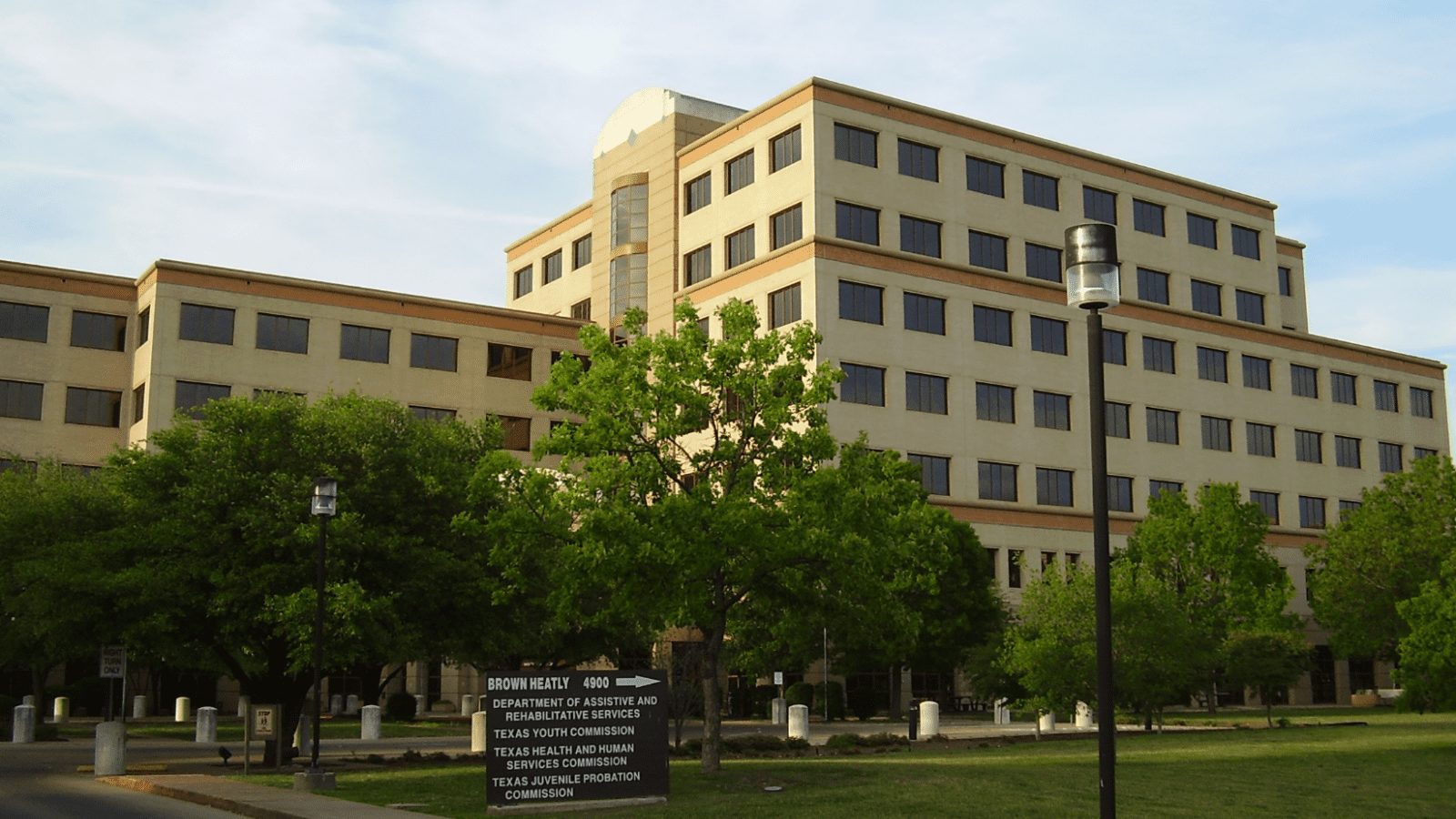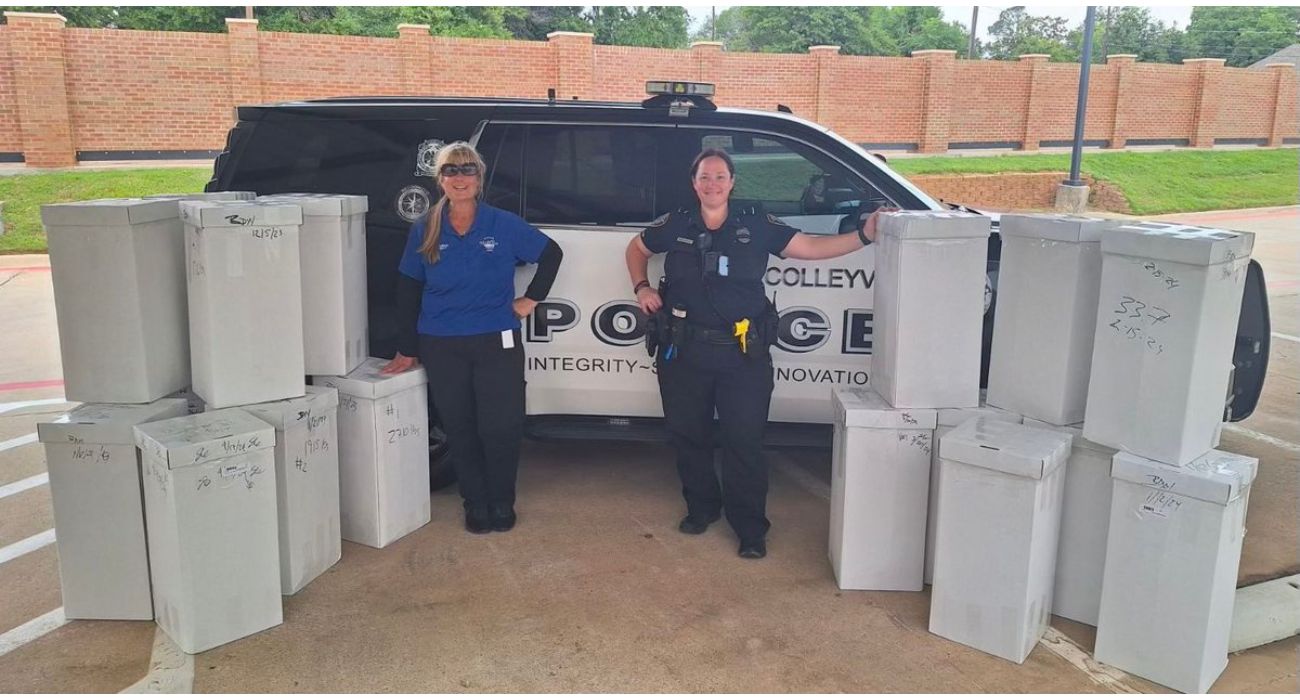Officials from Texas Health Resources (THR) stated their projections show an increased demand for healthcare workers in the coming years. At the same time, the healthcare industry as a whole is struggling with staffing shortages.
THR, the parent company of Texas Health Presbyterian Dallas, has been working to attract new healthcare workers.
“It is incumbent upon all healthcare systems and others to find new ways to attract and retain staffing,” THR’s chief learning officer, Mark Morales, told Community Impact. “Maintaining such a culture has always been a top priority to Texas Health, and we are committed to continuing to look for new solutions and collaborations that address these challenges.”
Dallas County reported in June that there were over 2,300 nursing openings.
Over the next 10 years, the demand for nurses who can work full-time is projected to reach around 350,000, Community Impact reported. That would leave the Texas healthcare system 57,000 short, according to projections from the Texas Department of Health and Human Services.
State officials have implemented several efforts to address the healthcare shortage, including expanding recruitment, addressing burnout, and creating more educational opportunities.
Stephen Love, the president and CEO of the Dallas-Fort Worth Hospital Council, told Community Impact that there are also lingering effects in the healthcare labor market from the COVID-19 pandemic.
“The healthcare workforce is at a critical standpoint,” Love said. “The COVID-19 pandemic took a very heavy toll on healthcare teams, especially on the front lines. As a result, many have suffered stress, trauma, burnout, and behavioral health challenges.”
Texas Nurses Association CEO Cindy Zolnierek stated that the pandemic exacerbated the current shortage.
“The work environment during COVID was so intense and so difficult for nurses that some are leaving nursing, or they may be taking a temporary break,” Zolnierek told Community Impact. “Some [nurses] are of an age where they’re able to retire or retire early, and we don’t fully understand the impact of that.”
Zolnierek said groups like the Texas Hospital Association and the Texas Nurses Association are working to address the mental health of healthcare workers as a way to prevent future burnout. It is important to address burnout before it happens, she said.
“Let’s not wait until we get to burnout. We’re looking at how we can support the well-being of our workforce,” she explained.
Texas Health Presbyterian Dallas and other Texas hospitals are also working on staff retention, Community Impact reported.
Kelly Martin, the vice president of human resources for THR, said retaining healthcare workers is the first step in helping the workforce grow.
“Texas Health knows that hiring employees is only the first step in overcoming staffing [issues],” she commented. “Retaining employees, especially during the taxing times we’ve experienced in the pandemic, means systems must treat employees well [and] provide opportunities for career growth and resources to help care for their physical and mental health.”






